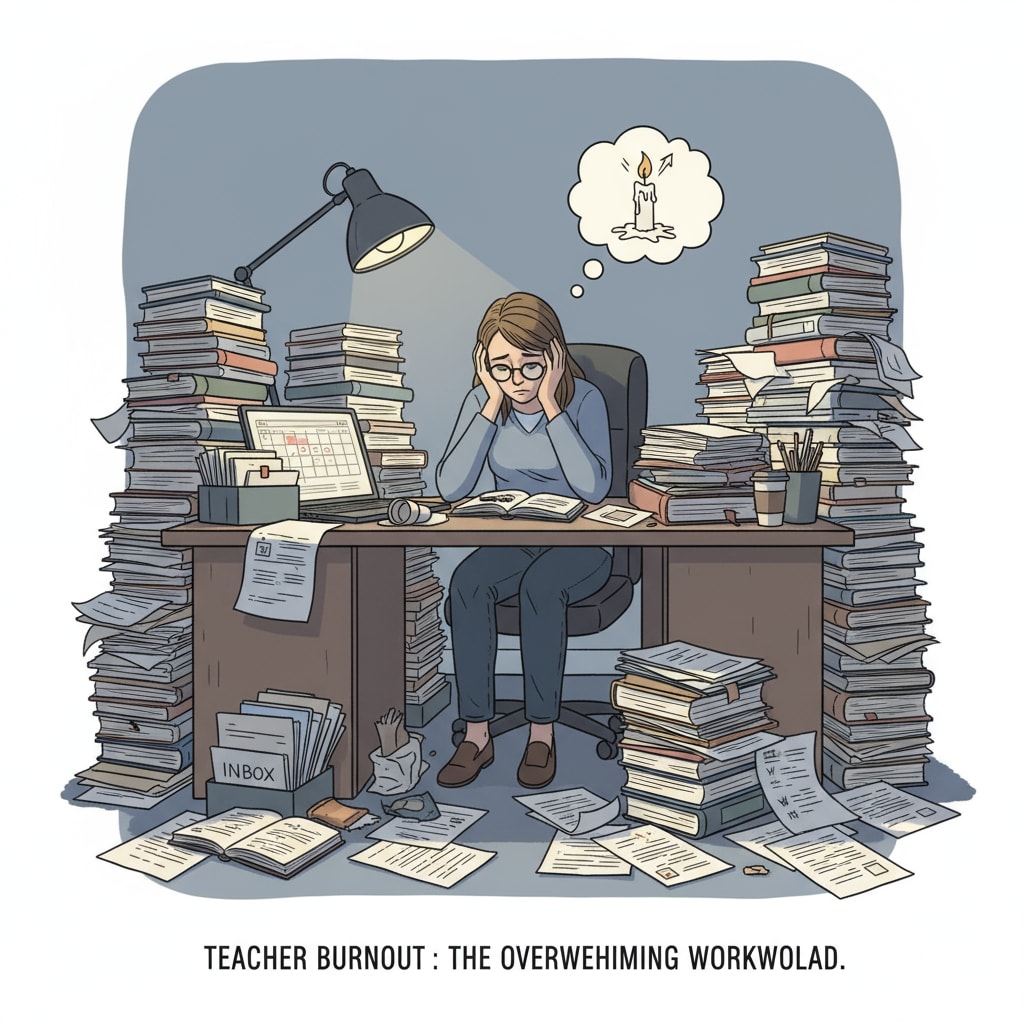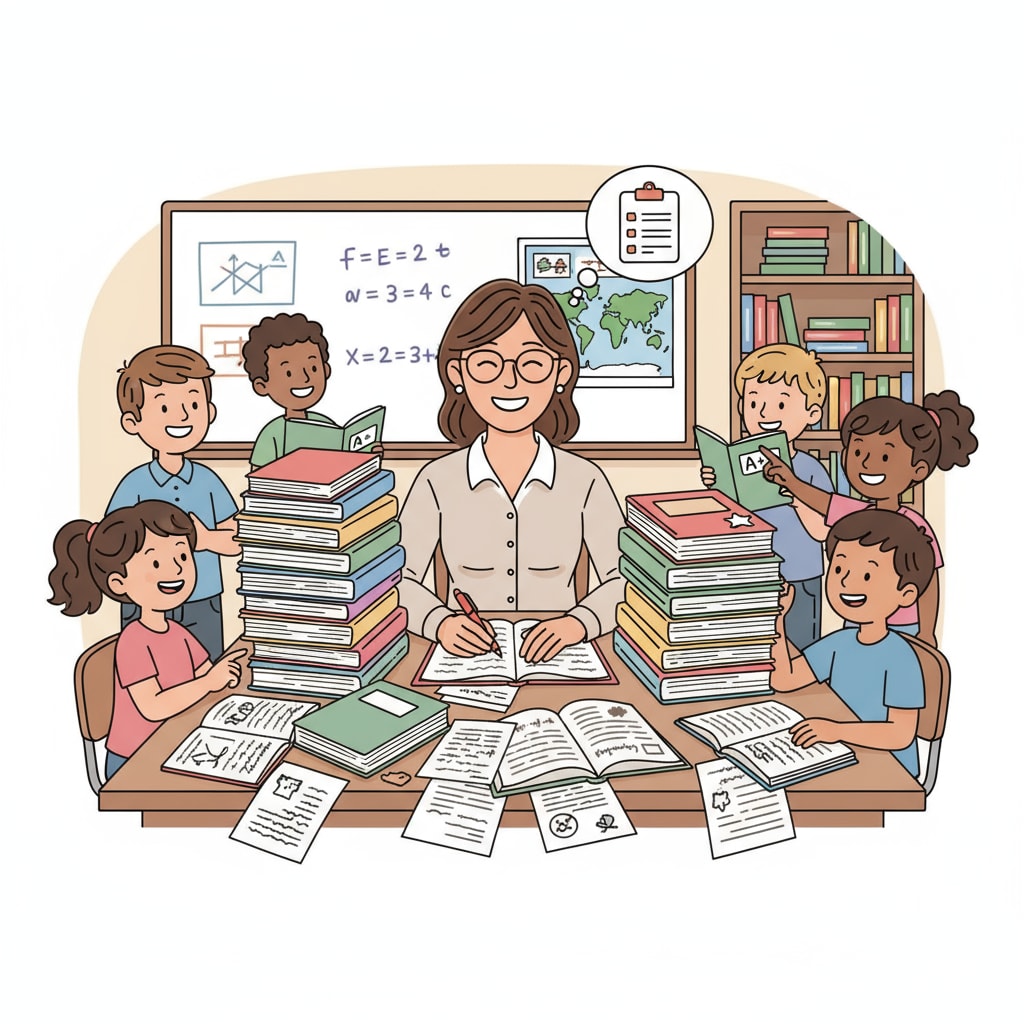Teacher burnout, excessive workload, and career planning are crucial aspects that significantly impact the teaching profession. In the realm of education, a disturbing trend has emerged – teachers, especially those with substantial experience, are succumbing to burnout due to overwhelming workloads. Take, for example, a teacher with 21 years of dedicated service. Despite their passion for education, the ever-increasing demands are taking a toll on their mental and physical health.

This not only affects the individual teacher but also has far-reaching consequences for the quality of education provided.
The Burden of Excessive Workload
The excessive workload placed on teachers is a multifaceted problem. Firstly, there is an abundance of teaching materials to prepare. Teachers often have to design elaborate lesson plans, create engaging teaching aids, and research relevant educational resources. This alone can consume a significant amount of their time. In addition, the volume of student assignments to grade is overwhelming. Correcting piles of papers, providing detailed feedback, and maintaining records takes hours upon hours. According to The National Education Association, many teachers report spending far more time on these tasks than they can realistically afford. This heavy workload leaves them with little energy or enthusiasm for the actual teaching process.

The Onset of Teacher Burnout
The impact of teacher burnout extends beyond the individual teacher. In the long run, it can lead to a shortage of experienced educators. When teachers are constantly exhausted and disengaged, they may be more likely to leave the profession. This, in turn, creates a void in the education system, affecting the continuity and quality of education. Therefore, it is essential to address this issue promptly.
The Role of Career Planning
Effective career planning can play a crucial role in alleviating teacher burnout. Teachers need to set clear goals and boundaries for their careers. This includes determining their long-term career aspirations, such as whether they want to specialize in a particular subject area or take on leadership roles within the school. By having a clear vision, they can better manage their workload and focus on the aspects of teaching that bring them the most fulfillment. For example, a teacher interested in curriculum development can allocate time to participate in relevant workshops and projects, rather than being bogged down by excessive administrative tasks.
In addition, career planning should also involve continuous professional development. Teachers can enhance their skills and knowledge through training programs, conferences, and online courses. This not only helps them stay updated with the latest educational trends but also boosts their confidence and job satisfaction. By investing in their professional growth, teachers can feel more in control of their careers and less likely to experience burnout.
Readability guidance: The excessive workload on teachers is a major contributor to burnout. By understanding the root causes and implementing effective career planning strategies, we can work towards creating a more supportive and sustainable teaching environment. This will not only benefit the teachers but also ensure the delivery of high-quality education for students.


